After seeing an inspiring story shared by old friend and colleague, Jamie Raynor, about an alumna of Western Carolina University working as nurse during this pandemic, I had questions.You see, this incredible story is one of many uncovered by their Chatty Cat Phonathon callers during their recent “check-in” calls. I wanted to know how they took their phonathon remote, continuing to provide student employment during this crisis while also doing important work for the university. Here are my questions and Jamie’s answers: Tell me about how WCU is utilizing their phonathon callers during the pandemic. "Within the Western Carolina University Division of Advancement, we’re using our best callers to conduct ‘check-in’ calls with our alumni during this quarantine time. They are sharing the student experience and listening to the alumni experience during these short, scripted calls." What sort of stories have the callers uncovered and how is the university using those stories?"The callers are finding that the alumni are pleasantly surprised by the call, and many are eager to chat and share ideas, stories, and experiences. The callers flag records of alumni who are doing unique and/or front line COVID work and those are shared with me for story leads. I work with our Marketing and Communications colleagues on bringing the strongest of these story leads to them on a weekly basis. Completed alumni story profiles are used on our alumni website (alumni.wcu.edu), our social media channels, and our alumni e-newsletter. Most of the stories that our Chatty Cat callers hear are about our alumni who are teachers, nurses, public administrators, hospital administrators, researchers, and manufacturers (particularly in areas for parts for ventilators and PPE, personal protective equipment), and we’ve had some who are specialized in unique areas like funeral home owners and leaders in cruise line sanitation. The Chatty Cats have also spoken to several alumni who serve on our Board of Trustees, and those Trustees have provided very complimentary notes on their chats with these students. Overall these calls strengthen our Catamount community and allow for relationship building around a common struggle for us all. For those alumni who have said ‘how can we help’ the student callers reference one of our student emergency funds and guide the alumni to give.wcu.edu/relief for gifts." Now to get down in the weeds a bit: what technology are you using to empower the callers to work from home. How are they being trained and supervised via distance?What software are we currently using for the call center/remote calling?
Is there anything else you want to share about calling during this pandemic? "Yes, our development officers have each used this same ‘check-in’ call model to call through their portfolios, and most have followed these up with emails for next steps. Our front-line fundraisers have noted the great ability to learn more about their donors and prospects with these simple calls, and have been encouraged by the donor’s willingness to really connect over the phone. Most have been happy to have someone to talk to. Our Director of Donor Relations is mailing handwritten notes to hundreds of donors who give unrestricted gifts as an extra touch-point during this time as well. Our Alumni Engagement Office has partnered with Development Staff to create Alumni Zoom Socials, which we launched with our Triangle Alumni Club (Raleigh, Durham, and Chapel Hill area) last week. We have 16 additional Zoom social hours scheduled for the next 3 weeks to connect with our alumni." Is there anything else you want to share about fundraising during this challenging time?We have partnered with our Office of Community Service and Engagement to work with our local Jackson County non-profit organizations along with our Student Emergency Fund to raise money for COVID related needs on May 5, 2020 during #GivingTuesdayNow. We will stand up a webpage on the WCU website to share the WCU Foundation mission and student emergency fund giving link along with our non-profit partners’ mission and giving links, so our WCU alumni and friends can support our community in the area of their choice. Also, our development officers started with phone calls, emails, and handwritten notes to their donors for stewardship and prospects for cultivation but have now moved to scheduling Zoom meetings for moving the donor relationship forward towards solicitations and gift negotiations. About Jamie Raynor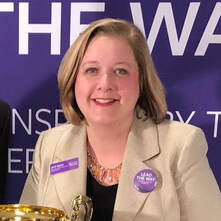 As a higher education professional for over 17 years, Jamie Raynor gained early experience in academic affairs for several years before turning her focus and her profession to development and advancement initiatives. In her temporary role, she currently serves as the interim vice chancellor for WCU's Division of Advancement for Advancement Services, Alumni Engagement, and Development staff, also serving on the Chancellor's Executive Council. Her permanent role as Assistant Vice Chancellor includes the supervision of major, planned, and annual giving professionals in the development office. She also manages a portfolio of corporations, foundations, and individuals to secure major and planned gifts. Have you been utilizing the unique talents of your phonathon callers during this crisis? Why or why not? Did this case study make you feel any differently about trying it out? If social distancing measures persist into the Fall semester, how do you plan to handle your phonathon? Let me know down in the comments. And if you liked this content, please subscribe to Real Deal Fundraising. You'll get my FUNdraising Friday emails, which are jam-packed with interesting, useful, and funny content to keep you sharp and motivated! Cheers, PS - If you liked this article, you might like:
PPS - Want to use your time isolating at home to become an All-Star fundraiser? Join me for my new course, All-Star Annual Giving. Registration just opened! All-Star Annual Giving is a fully online 12-week course with 9 modules covering all areas of annual giving strategy and execution. If you want to roll into the semester with a fully fledged plan to raise more money than you've ever raised before in your annual giving programs, you need to be in this course. 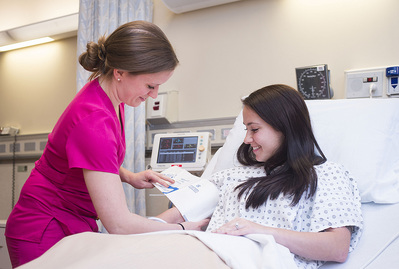 The concept of "grateful patient" fundraising has always fascinated me. How meaningful, how wonderful, how . . . . EASY to raise money from those who lives were saved by your institution! A team of specialists at your hospital saved someone's child from cancer and they have capacity. What a wonderful story! Of course, I know that it isn't that simple to raise money in healthcare fundraising. But, the stories of grateful patients are enticing and make those of us in higher education a bit jealous. Unfortunately, most stories are a bit less tangible than that in higher education. No matter what kind of organization you work for, I find it is a great exercise to reflect regularly on the question, "Who are your grateful patients?" Asking this questions drives you right to the core of your mission. Who is served by your institution? How does it change lives? These questions takes you deep into impact and narrative. This question leads you to the "Why?" In higher education, who are our grateful patients? Last week, I was composing a blog post about how philanthropic support has directly helped me in my life and career. We often think of students as our grateful patients and they are. But, more than that, it is our ALUMNI that are the grateful patients. Students who graduate and move out into the world changed by the education they acquired at our institutions. The stories of students work to connect our alumni to mission only if those stories activate the sense of gratitude that our alumni have for their own time at our colleges and universities. It's not mere nostalgia, it is a real and tangible linking back that our student narratives must do in order to invigorate the "grateful patient" sensibility of our alumni. They must see in the story of current students their own story and from there be able to project what their life might be like if their educational story was different. The phrase "make a difference" is overused and trite. However, if you want to find your grateful patients (who will be not only your best donors but your most enthusiastic advocates), you have dive into the real meaning of that phrase. How is someone's life path qualitatively different because your institution exists? This is the final installment of my series on improving phonathon contact rates.
With average student loan debt loads reaching astronomical levels, many institutions have questioned whether they should give their new graduates a break and exclude them from traditional solicitation methods like mail and phone. (Click here, if you’re interested in learning more about student loan issues.) This is a dangerous consideration for the immediate profitability and long-term viability of phonathon programs. The reason why lies in the history of cell phones. Here’s a quick history lesson and some other reasons why I don’t think you should stop soliciting your young alumni through mail or phone (regardless of student loan status). As I’ve discussed in this series, contact rates are a key statistic that governs the productivity of phonathon programs. Two macro-forces are at work which make young alumni some of the best pools for contact rate these days. Wireless number portability In 2003, it became mandated that users could keep their cell phone number when they transferred wireless vendors. Before that, cell phones numbers were much less stable. Today’s student will likely keep their cell phone number well into adulthood if not forever. The Virginia Tech Effect Since the shootings at Virginia Tech (2007), universities have been implementing systems to collect student cell phone data so that mass text alerts could be sent out on safety issues. The long-term implication of this process is that the numbers (at many institutions) migrate over to the alumni database upon graduation, which is great news for phonathon programs. ACTION ITEM: Check with Advancement Services to make sure that when they undertake their “grad loads” the cell phones on record are coming over as well and are being coded properly. Size of young alumni pools Aside from your institution being able to contact these alumni more easily, these are also probably some of your largest groups. Most institutions have grown leaps and bounds over the last 30-40 years. It’s likely that your organization graduates many more alumni each year now than the institution did 20-50 years ago. If you hopes to keep pace with peer institutions in terms of alumni participation, calling these large, well-connected groups is essential. ACTION ITEM: Do a quick experiment, find out how many alumni have graduated in the last 10 years and then see what just those alumni represented to your phonathon in terms of contacts, dollars and donors. The significance of the number will likely surprise you. Although the average gift is often lower than other groups, participation is usually higher and volume is on your side. Totals add up fast when you have such large groups. Case Building and Setting Expectations Even if a prospect tells you no this year, an important process of philanthropic education occurs. The student caller has still presented the needs of the university and planted a seed which may grow into future giving. The benefit of this cannot be overstated. Solicitation is important even when it results in a refusal. If, for instance, those with student loan debt cannot give this year, having a phone call begins a process of case-building which may resonate in the future when they are able to give. ACTION ITEM: I recommend capturing refusal reasons so they can be tracked over time. If possible, I recommend adding a custom refusal reason for student loan debt and utilize this over the next 3 years to track trends with respect to this refusal reason as an analytical tool. However, restricting solicitation is not the best method for dealing with this refusal. Building a better case over time would be a better way to handle it. Long-term lead generation A report on Cultivating Lifelong Donors (2010) from Blackbaud states: “Research shows that donors make $1,000 gifts to organizations most often when they have already been giving to the organization for about seven years. Long-term research with successful nonprofits also shows that those very same donors are approximately 900% more likely to make a major gift in their lifetime than individuals without that progressive history.” For those of us in higher education, this means that we must acquire our new alumni very soon after graduation. Otherwise, they will develop a habit of giving to another non-profit organization and any major gifts they might make later in life are less likely to be given to our institutions. I hope you found this blog post insightful and helpful. If you did, please subscribe to Real Deal Fundraising. People love a good theme.
They will deny it but it is true. Ask for $25 and it falls flat. Ask for $20.16 in honor of your Class of 2016 and suddenly the same group is completely inspired. Throw a Faculty-Staff Campaign kickoff and it is just another reception with peach tea. Throw a Glee inspired Lip Sync Contest with an ironic high school prom theme and it’s something no one has ever seen before. Is your leadership annual giving society threshold $1,000 per year? What if it were named for your first president or most beloved president? What if the threshold were based on your founding year, for instance $1,904? (You could have special lower levels for young alumni.) When I worked for The University of Southern Mississippi, our team started the Aubrey K. Lucas Society. It is named for our longest serving president, who also happens to be our longest consecutive year donor. He is famous for wearing bow ties. Each year those donors who have given a gift in each of the last three fiscal years gets a black and gold bow tie-themed car decal. Who would ever want to miss a year of giving? It's too fun to miss out on. The key is that the themed events and ideas are specific. They show off the unique character of your institution and your personality as a fundraiser. Therefore they work on two levels: they are fun and enjoyable but they also reinforce and strengthen ties to your institution. Go ahead and embrace the theme. Your job will be more meaningful and fun. Your donors will be amused and happy to participate in something fun and original. Video is such an amazing tool for connecting with donors. I love finding gems of inspiration on youtube. So, to keep this Friday fun, here's some of the funniest advancement and fundraising videos I've seen. These first two are from the first Face of Y'ALL campaign (Young Alumni Leaving a Legacy), which was a tremendously successful young alumni campaign from the University of South Carolina. Some of my Carolina Callers were included in this first video. The second video is a creative way to use the president and a mascot to hilarious effect. Dr. Sorensen even had a stunt double for that video but I've been sworn to secrecy about who it was. I'm so envious of this video from Bowling Green State University. What a dream to have donors with such a great sense of humor! This video not only celebrates their giving but surely it inspires others to get involved. What a wonderful thing! And I can't do a video post without some awesome flash mobs!! |
Jessica Cloud, CFREI've been called the Tasmanian Devil of fundraising and I'm here to talk shop with you. Archives
June 2024
Categories
All
|
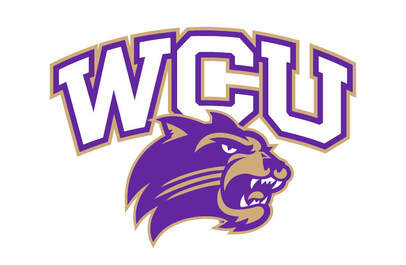

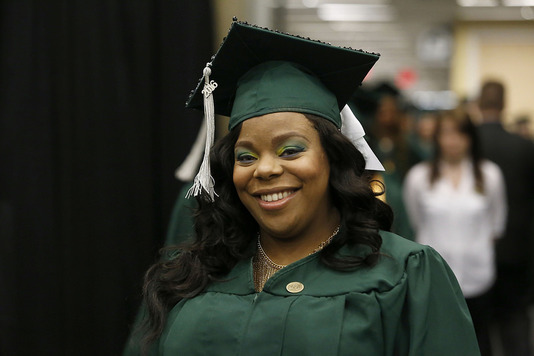
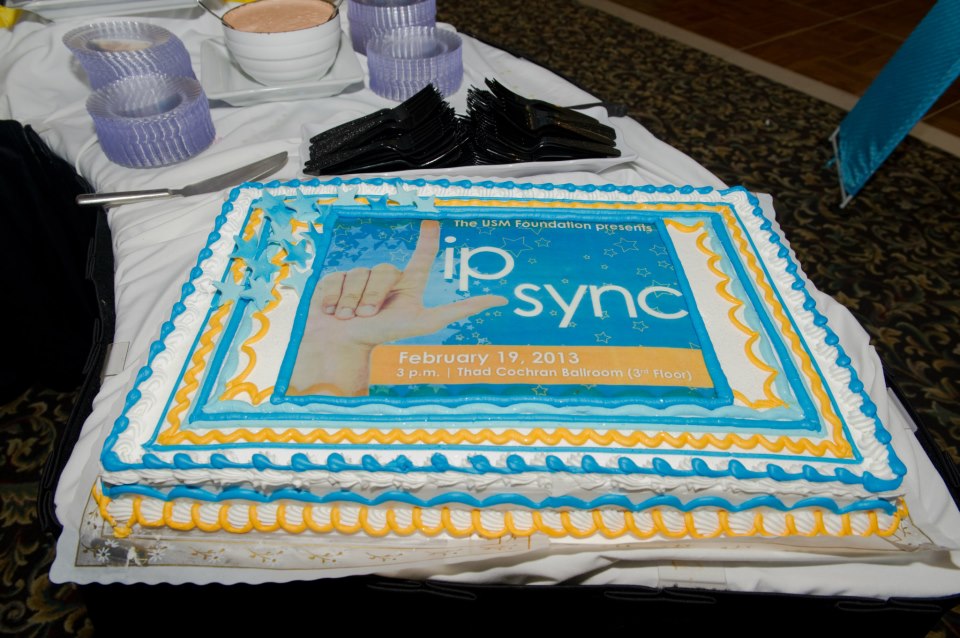
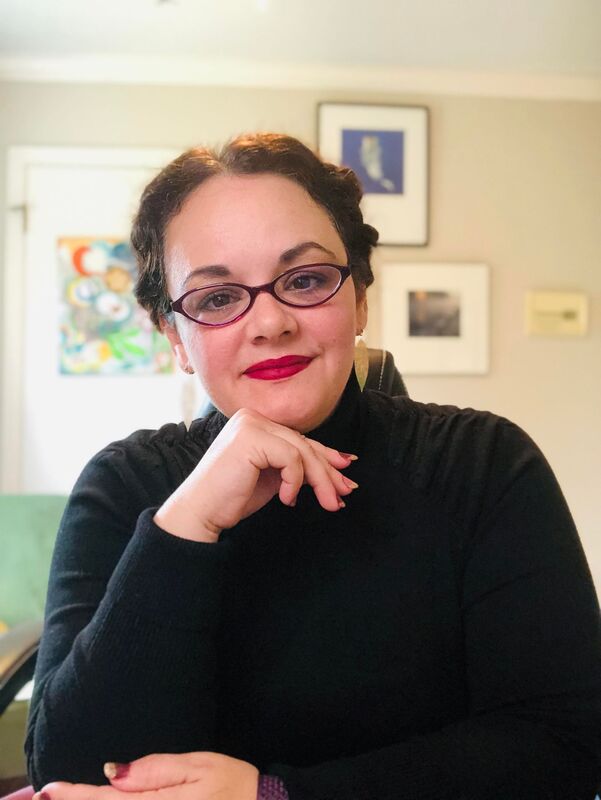
 RSS Feed
RSS Feed
